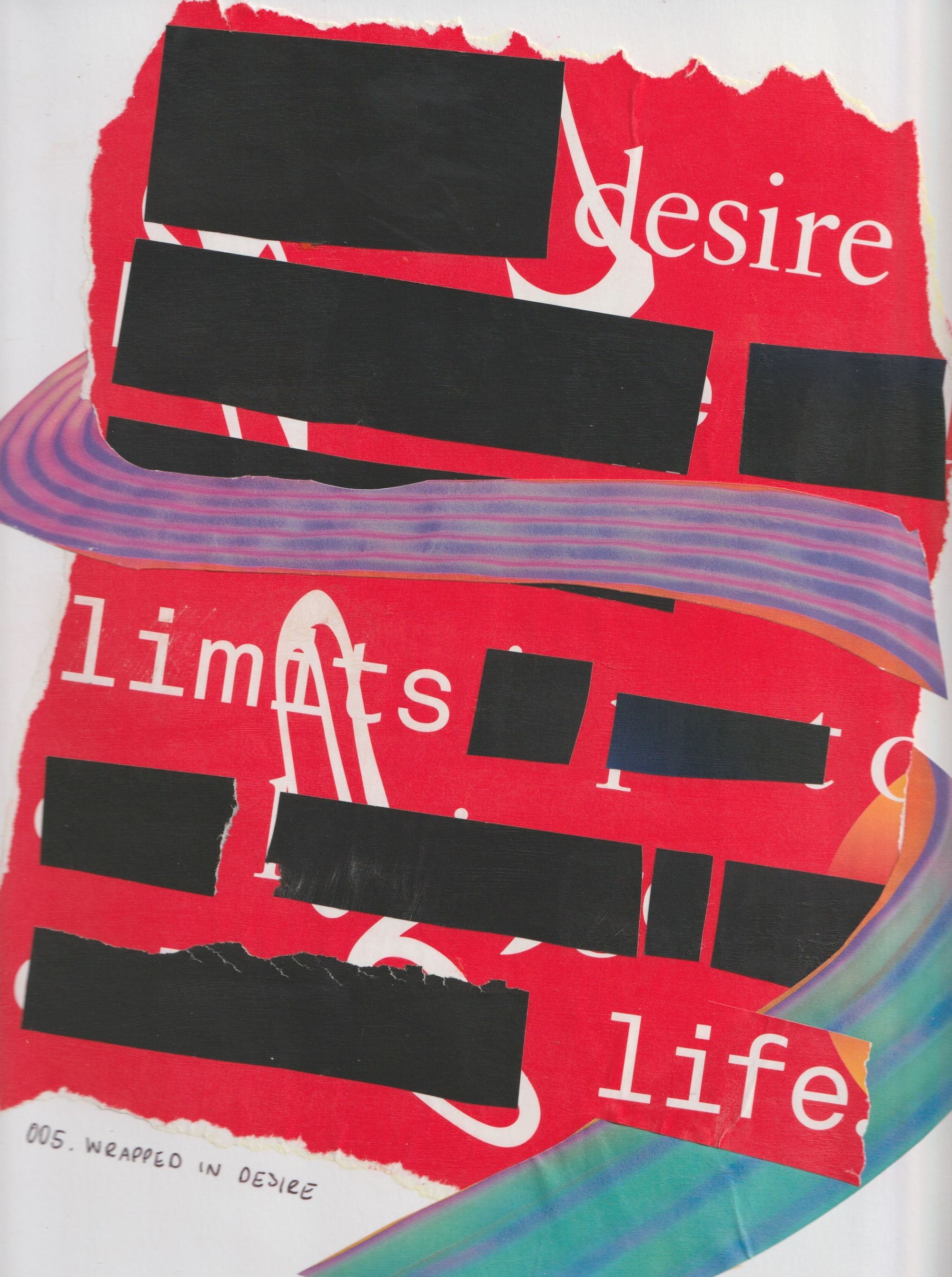Finding Liberation in Nature

LISTENING: to the hum of the AC
FEELING: ready to return home
SEEING: an eclipse of moths
In the U.S., it's been a holiday weekend. I drove to the Hudson River Valley to come spend the July Fourth break with some of my closest friends — friends who haven't come together in about a decade.
It's a special thing to have friendships so long-lasting. These are friends where, no matter how much time has passed, it's as though we haven't been apart at all. I can count on a single hand the friends who know me this well. We are all here together this week.
I didn't grow up spending much time outdoors. I mean, unless you count my yard and local parks. For many Black and Brown youth, that's all we've got. This phenomenon — the lack of access to the wilderness — has a name: the nature gap. Black, Latine, and Asian families have it the worst though Indigenous communities don't fare much better. In fact, 74% of communities of color live in nature-deprived places.
Imagine the possibilities if more kids who looked like me grew up among the trees. If more kids could run to the trees to relieve stress rather than turn to the streets.
Welcome to Possibilities, a creative climate newsletter on the possibilities that lie where crisis meets community. I’m Yessenia Funes, a Latina from the hood who is only just learning the beauty of nature.
As a kid, I had no idea what I was missing out on. I knew about activities like camping or hiking from what I would watch on TV. It wasn't until college that I got to spend time in nature myself. For many kids of color, university is when they can explore and grow. The mounting cost of student debt is making that harder. As is the Supreme Court of the U.S.
It's worth remembering that the student debt crisis is an issue of climate injustice.
As an adult, I must admit that I still struggle to appreciate the outdoors. I'm outside on the porch among the trees now, and I find myself enraged by the amount of moths fluttering about.
I've been trying to romanticize the sight of them, telling myself to pretend they're butterflies instead of moths. I also learned that a group of moths is called an eclipse. That sounds lovelier than a swarm, which is how I've been viewing them until now. This experience has reminded me of how disconnected I've lived from the natural world around me.
My time in the woods has underscored how disconnected many of us remain from our lands.
I'm here as part of the July Fourth holiday, a holiday that celebrates America's independence from Great Britain. But what of the independence America has stolen from others? What of the tribal nations that were here before us? The Indigenous peoples who have also suffered a severance? Many have been forced to relearn ancient relationships with their lands — with the plants and wildlife they know as kin.
When I take trips like these and find myself surrounded by creatures and life, I think of my own ancestral lands back in El Salvador. I think of el campo and how little I know of the flora and fauna that inhabit the tiny Central American country my parents call home. I think of my people's independence there and how much we lost during the Civil War of the 1980s. That suffering led my mom and dad here where they met and forged a new life. That's how I was born American. It's why I "celebrate" the Fourth in the first place.
But what is actual independence? True freedom must be the ability to sit among an eclipse of moths and to feel enchanted rather than disgusted. Liberation is the ability to move across lands without impediment. Independence is access and comfort. It is ease.
I hope we can all find that as we rebuild our relationships with the land. 🌀
Rest in Power
While we can't say for certain that climate change led to these specific weather events (we need attribution studies for that), we do know that the Earth's rising temperatures are already creating more disasters like these.
In the Grand Canyon, extreme heat killed a 57-year-old woman Monday.
At least four people have died from floods in South Africa.
In China, severe floods have left at least 15 people dead, too.
Currently Reading
My latest piece this week is for Textile Exchange — on the power of human-centered storytelling.
Is malaria returning to the U.S.?
Re: Antarctica → "Maybe, despite our deepest impulses to explore, we can leave one place in the world alone."
Why farmworkers (and other outdoor workers) need more protection.
Collage

See you next week. xx
- Yessenia


Comments ()